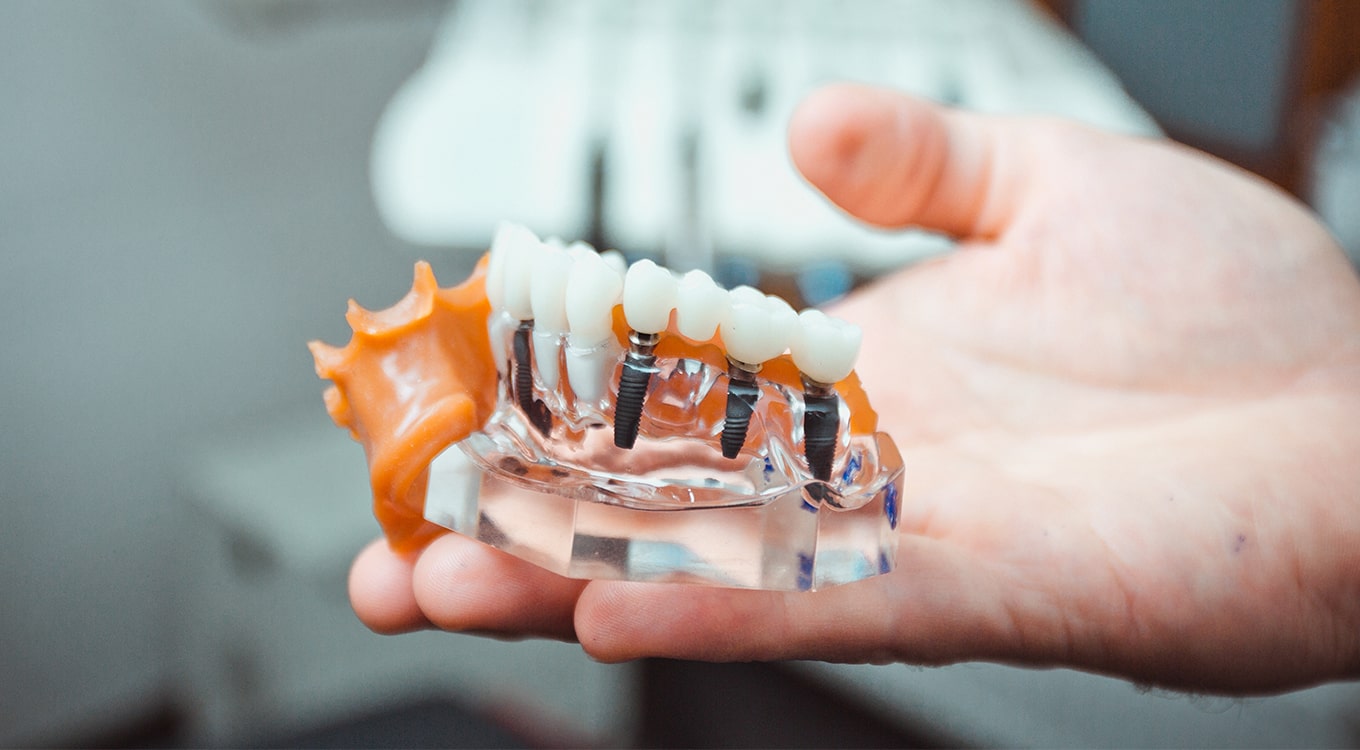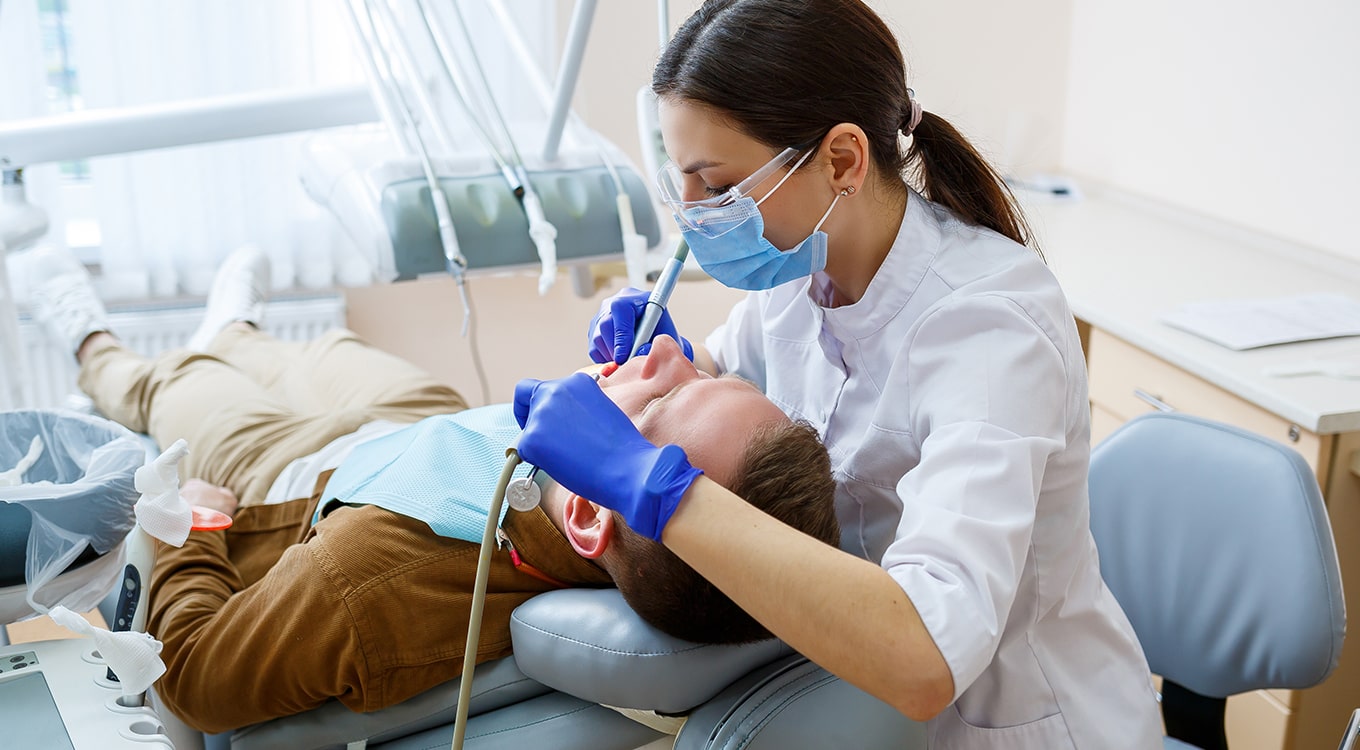24/7 Patient care team available by phone. Call to schedule an emergency appointment within 24 hours.
Cash, Credit/Debit card, Careington, Care Credit
Acceptable insurances are determined in the office at time of visit.
Toothache, root canals, tooth extractions, infected or distressed teeth, broken or damaged teeth, veneers, crowns, fillings, chipped teeth, missing teeth, dental implants, and bridges
24/7 Patient care team available by phone. Call to schedule an emergency appointment within 24 hours.
Cash, Credit/Debit card, Careington, Care Credit
Acceptable insurances are determined in the office at time of visit.
Aspen Dental is here when you're experiencing a dental emergency and finding professional care can't wait. We accept walk-in's or scheduled appointments for same-day care. Our team of emergency dentists can help you find the right solution that brings relief‐all in a compassionate & caring setting. If you have excessive pain, sudden tooth loss, or unmanageable bleeding and discomfort, don't wait, seek emergency dental services today!
Emergencies happen anytime, and dental emergencies are the ones you cannot avoid, even if you want to do so. Unfortunately, there are times when the damage becomes so severe that an extraction may be the only solution until you decide upon a more permanent one.
So, if you want the best emergency dental care in Lakeland, FL, Aspen Dental is here to help you. You can contact us anytime; we are always ready to assist you.
At Aspen Dental, we understand how dental emergencies occur at the most inconvenient time, usually after most dental clinics are closed for the day. It is why we provide emergency callback dental services. In addition, we know that dental emergencies may cause a lot of stress and make you panic, especially if you decide to select a dentist immediately.
Learning what you must do during a dental emergency may make all the difference in saving and losing your teeth or tooth. It is why at Aspen Dental, emergency dentists always recommend that patients post the phone number for an emergency dentist in Lakeland, FL.

Preventing dental emergencies is essential to avoiding unexpected dental problems and maintaining optimal oral health. Practicing oral hygiene is one of the most crucial steps to avoid dental emergencies. It includes flossing daily and brushing your teeth at least twice a day. Regular dental cleaning and check-ups are also essential as they allow your dentist to address the issues before any emergency arises.

When you want urgent dental care in Lakeland, FL, you can contact the emergency dentists at Aspen Dental. You can call them at 844-511-2819.
A: Tenderness in the area is quite usual for the first few days. So simple pain relief is enough to ease the discomfort in a few cases. However, it would help if you did not take aspirin, as it would bleed your mouth.
A: Sensitivity may not seem a big deal, but it may point to severe issues, such as an infection or advanced gum recession. A dentist can help identify the cause of the sensitivity.
Office Name
Aspen Dental Lakeland, FL
Dentist Name
Multiple Dentists Available
Office Address
3756 US Hwy 98 N
Lakeland, FL 33809
Languages Spoken
English
Emergency Weekend Dentist
Emergency Weekend Dentist
Emergency Weekend Dentist
Emergency Weekend Dentist
Emergency Weekend Dentist
Emergency Weekend Dentist
Emergency Weekend Dentist
Emergency Weekend Dentist
Emergency Weekend Dentist
Emergency Weekend Dentist